Algarve Stranding Network
The project arises from the initiative to reactivate RAAlg (Algarve Stranding Network), inactive since 2017, in order to fill an existing gap in this coastal area regarding the systematic collection of information on sea turtle and cetacean dead strandings. The National Stranding Network is coordinated by the Nature and Forests Conservation Institute (ICNF). However, in order to provide a faster response to the occurrence of strandings, the creation of a network of local and regional teams sub-coordinated by entities such as non-governamental organizations and universities, is of paramount importance. In order to accomplish this, the Algarve Stranding Network was created comprising a team of biologists from CCMAR and the University of Algarve, on permanent standby.
This team is accredited and trained to respond to alerts of dead sea turtles and cetaceans throughout the Algarve, from Odeceixe to Vila Real de Santo António. All stranded animals are considered for systematic collection of information to determine patterns of occurrence and assess causes of death. Fresh animal necropsies are also performed to obtain samples for various studies.
The Ria Formosa Natural Park (ICNF) is playing a key role in this project, by providing adequate facilities and infrastructures for our labs at Quinta de Marim, in Olhão. Futhermore, the ICNF Nature Rangers are also assisting the team of biologists with transport between our labs and the stranding locations, whenever possible.
Our Team
RAAlg is composed by a small team of marine biologists commited to attain as much information possible from dead strandigns occurring in the South of Portugal. The success of our mission relies heavily on the cooperation of private and public entities, as well as the citizien support in registering alerts.


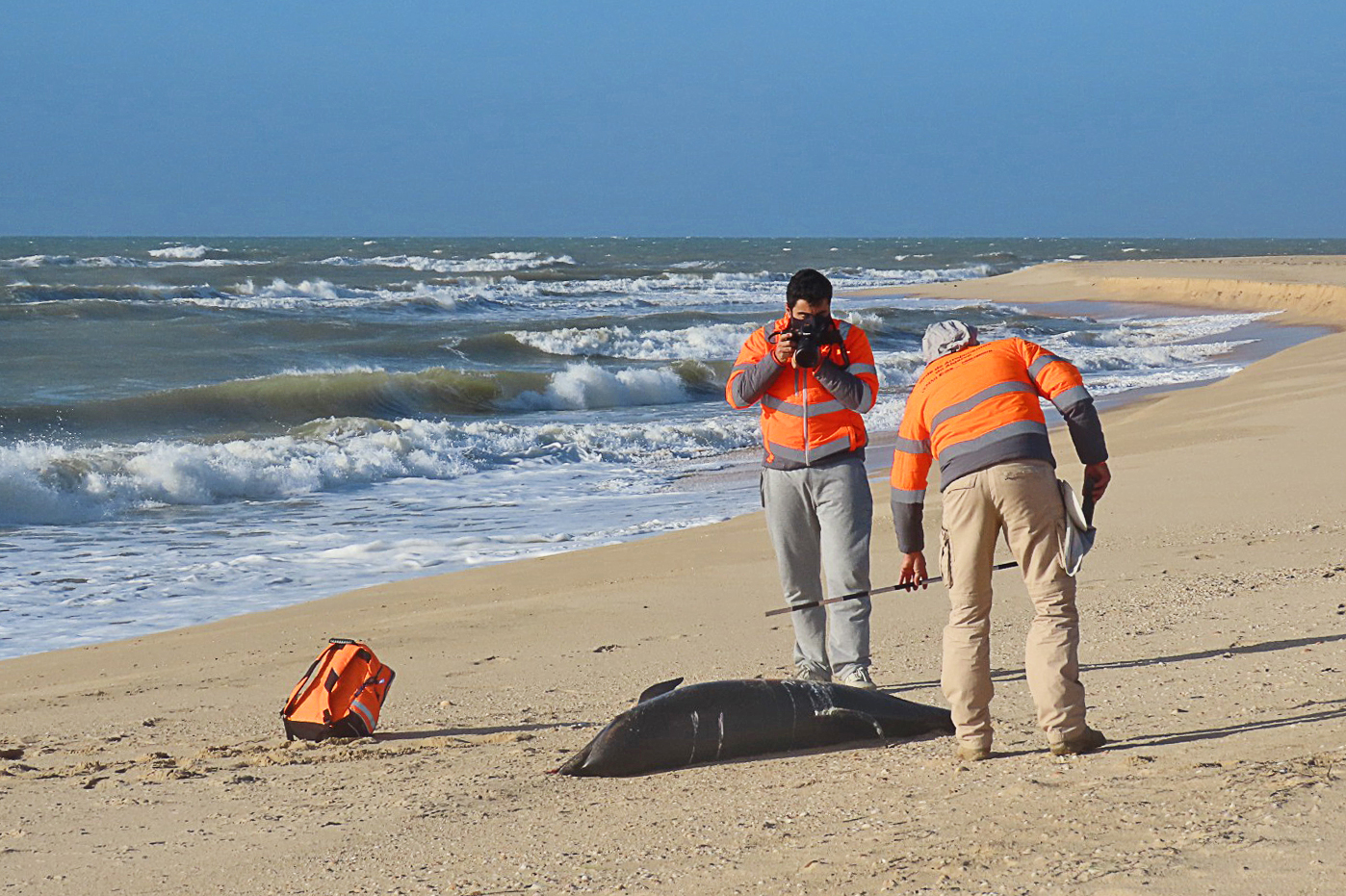

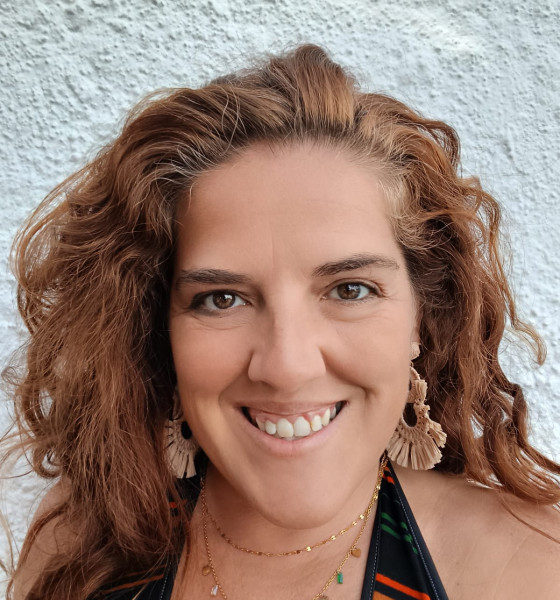
Master in marine biology, graduated from the University of the Algarve, where she specialized in marine bioacustics, more specifically in cetacean bioacustics. During her professional development, she has worked in different areas such as animal behaviour, nature conservation and environmental education.
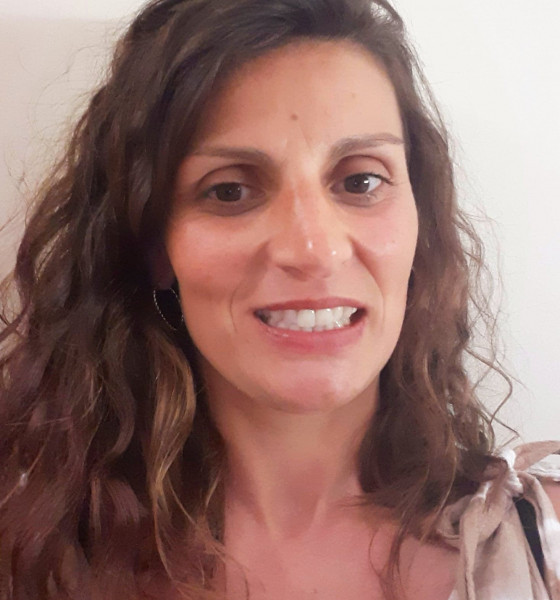
Master in Marine Biology with specialization in Aquaculture and Fisheries, from the University of Algarve. She has developed work based on the assessment of environmental impacts, animal behavior and science communication. Biodiversity, conservation and animal welfare are a constant interest in her professional career.
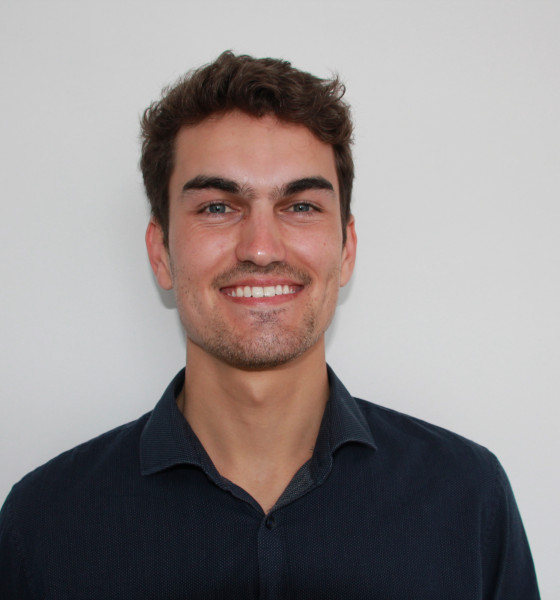
Master in Marine Biology at the University of Algarve where he studied the relationships between algae and marine plants. Has professional experience with marine mammals, having worked at a seal rehabilitation center in the Netherlands, where he developed an interest in pinnipeds and cetaceans.
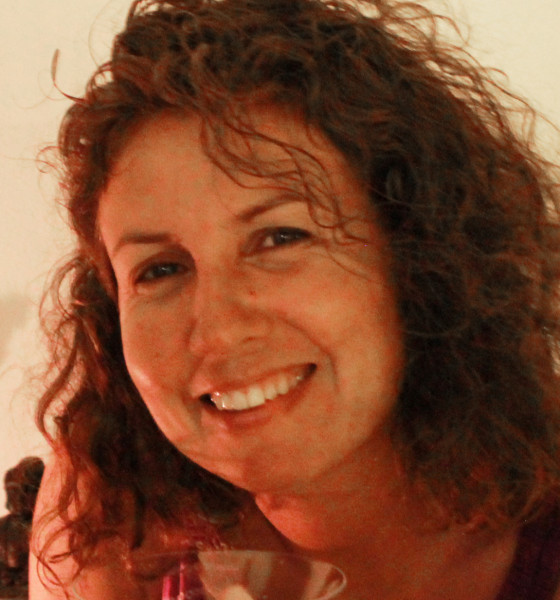
With a PhD in Marine Biology and Fisheries, she is a researcher at CCMAR, invited assistant professor at the University of Algarve and founder of RAAlg. She is a specialist in marine biology and fisheries with a focus on evaluating interactions of protected marine species (cetaceans, turtles and seabirds) with Portuguese fisheries, determining causes of death of stranded animals and carrying out mitigation experiments in fisheries to reduce accidental captures (“bycatch”).
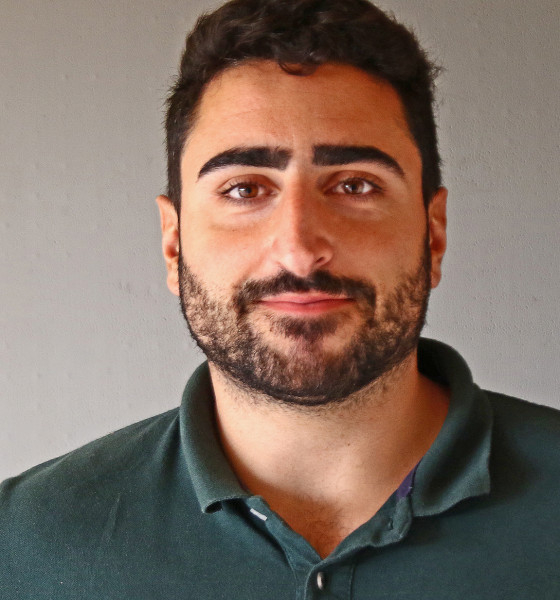
With academic background in Marine Biology, João specialized in Aquaculture and Fisheries (MSc) with the Algarve University. He has been working on various fields of expertise involving fisheries, such as management, participative management, socio-economy, ecology, biodiversity and conservation, with emphasis on recreational and artisanal fisheries.
The sustainable interaction between cetaceans and fisheries is a sensitive research area with which João has recently been in contact.




